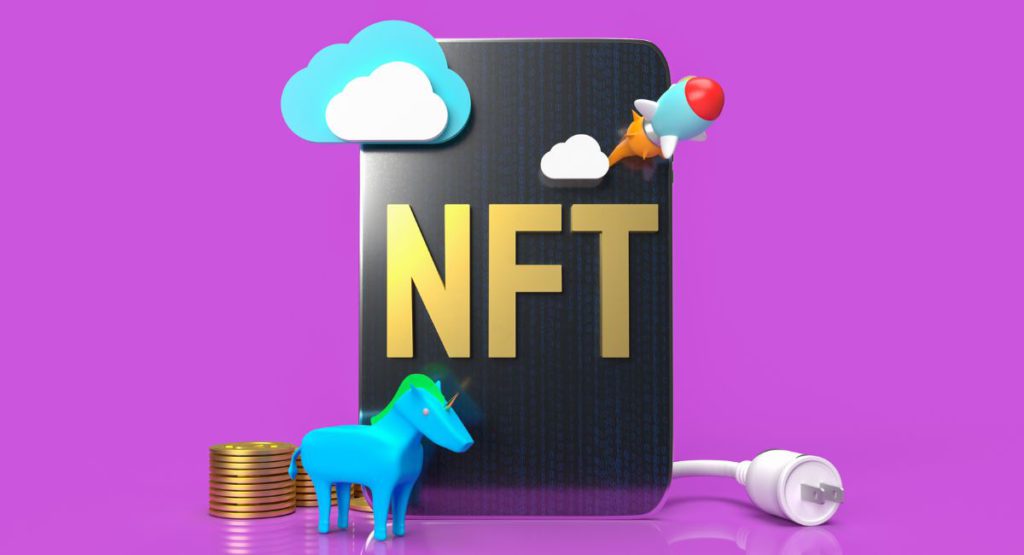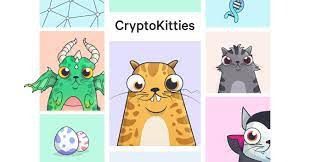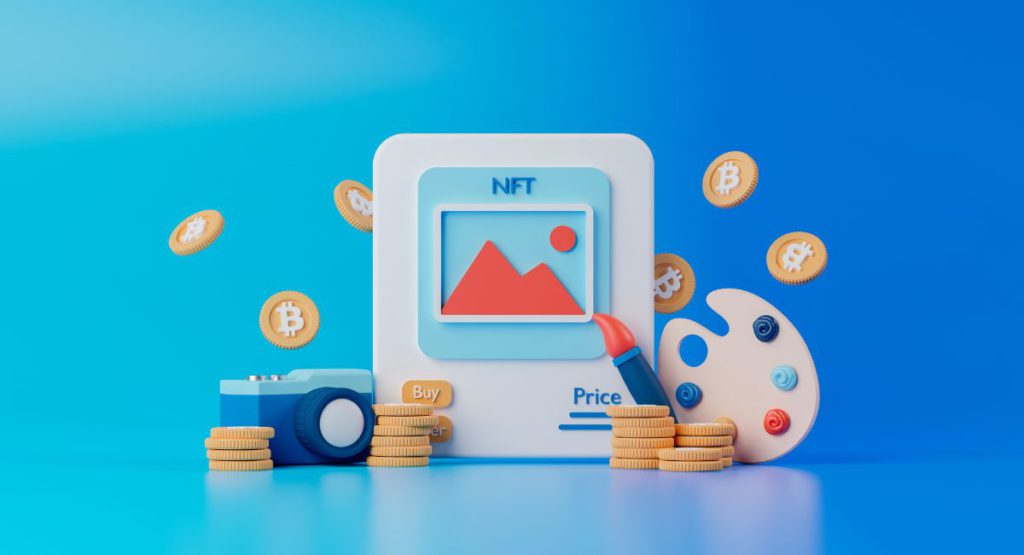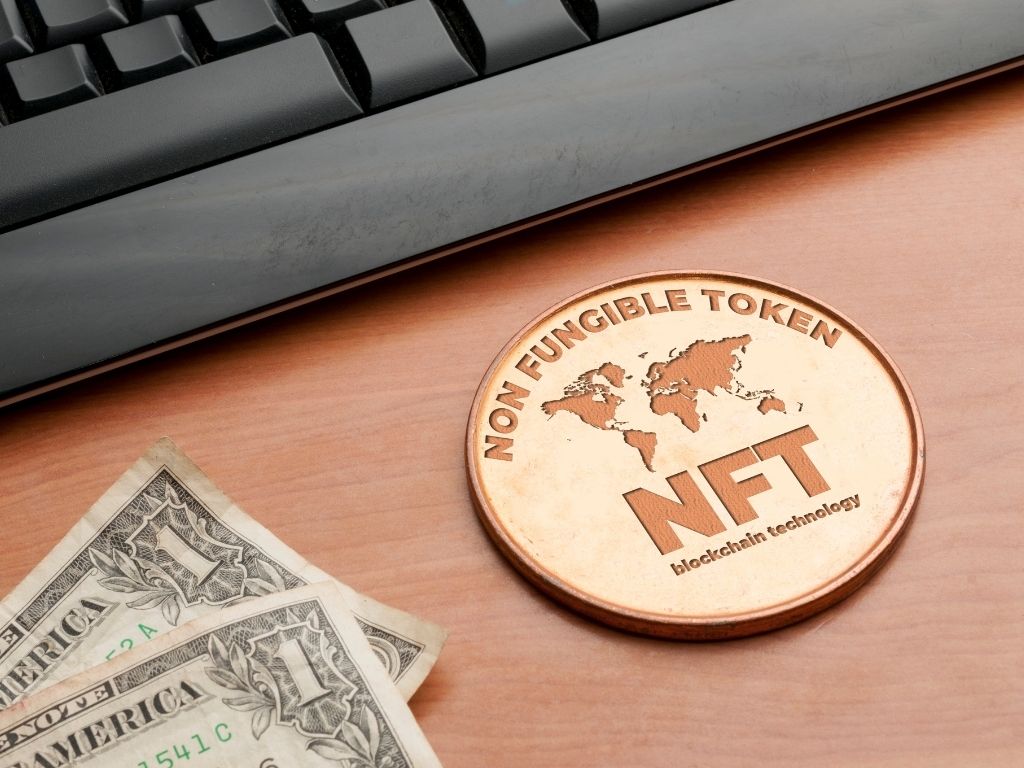The Role Of Agencies In NFT Creation By Bridging Art And Technology
The world of Non-Fungible Tokens (NFTs) has transformed the way we perceive and trade digital assets, from art and music to virtual real estate and collectibles. NFTs are unique, blockchain-based tokens that represent ownership of these digital assets. While many individual creators and artists have embraced the NFT space, agencies have also played a significant role in shaping the landscape. In this article, we will explore the role of agencies in NFT creation and how they act as a bridge between traditional art and technology.
Role of agencies in NFT creation
1. Navigating the Digital Frontier
Agencies have historically been associated with traditional art, advertising, and branding. However, the rise of NFTs has led them to navigate the digital frontier. Agencies have recognized the immense potential of NFTs to redefine ownership, copyright, and the art market, and they have stepped up to facilitate this transformation.
2. Collaboration and Curation
One of the primary roles of agencies in the NFT space is to facilitate collaborations between artists and technologists. Artists often possess the creative vision, while technologists can bring the technical expertise to create and tokenize digital assets. Agencies act as mediators, bringing these two worlds together to create NFTs that are not only visually striking but also technically sound.
3. Blockchain Expertise
Creating NFTs involves a deep understanding of blockchain technology, smart contracts, and decentralized finance (DeFi). Agencies have been quick to acquire this expertise or partner with blockchain specialists to ensure that their NFT projects are secure and adhere to industry standards.
4. Legal and Licensing Support
NFTs raise complex legal issues related to intellectual property, licensing, and ownership. Agencies are well-versed in these areas and can provide legal counsel to artists and creators to ensure that their NFTs are in compliance with copyright and ownership laws.
5. Marketing and Promotion
Agencies excel in marketing and promotion, which is crucial for the success of NFT projects. They leverage their networks and expertise to create buzz around NFT drops, manage social media campaigns, and connect with influencers and collectors. This promotion not only drives visibility but also increases the valuation of NFTs.
6. Curation and Quality Control
In an increasingly crowded NFT marketplace, curation is essential. Agencies often act as gatekeepers, ensuring that the NFTs they represent meet a certain standard of quality. This curation adds value to the NFTs and can attract serious collectors and investors.
7. Access to Resources
Agencies have access to a wide range of resources, from art studios and digital tools to funding and investors. This can be a game-changer for artists who wish to create and tokenize their work but lack the necessary resources.
8. Maintaining Brand Identity
Artists and creators often have strong brand identities. Agencies work to maintain and translate these identities into the digital realm, ensuring that NFTs align with the artist’s core values and style.
9. Handling Auctions and Sales
Many NFTs are sold through auctions or sales events, and agencies have experience in managing these processes. They handle everything from setting reserve prices to orchestrating the actual sale, ensuring a smooth experience for both buyers and sellers.
10. Post-Sale Support
The role of agencies doesn’t end with the sale of NFTs. They provide post-sale support, including dealing with inquiries, handling transfers, and assisting with resale or secondary market transactions.
Also, read – Top 10 NFTs And DeFi Are The Unique Path To Wealth Creation

Because the most popular NFT marketplace such as
→ Opensea
→ Blur
Are #Ethereum-based which uses a Proof of Work verification system.
💭 Imagine creating and trading your NFT on any marketplace.
💭 Imagine being able to enjoy cheaper, faster NFT transactions.— AlphaMeta 👾 | $AXC – L0 NFT ecosystem (@AlphaMetaNet) November 1, 2023

Conclusion
The role of agencies in NFT creation is multifaceted and pivotal in bridging the gap between traditional art and technology. They provide valuable services, from collaboration and curation to marketing, legal support, and blockchain expertise. As NFTs continue to evolve and reshape the digital and art industries, agencies are likely to remain at the forefront, serving as essential facilitators for creators and artists looking to navigate the NFT landscape. Through their efforts, agencies contribute to the growth and maturation of the NFT ecosystem, fostering a more seamless and dynamic connection between art and technology.
FAQs about NFT creation
Q: How do you create an NFT?
A: Creating an NFT involves a few key steps. First, you need to choose a blockchain platform that supports NFTs, such as Ethereum or Binance Smart Chain. Next, you’ll need a digital wallet to store and manage your NFTs. Once set up, you can use NFT marketplaces like OpenSea or Rarible to mint your digital asset into an NFT. This process typically involves uploading your file, adding metadata, and paying a minting fee. After minting, your NFT is ready for sale or collection.
Q: Can anyone build an NFT?
A: Yes, anyone with access to the necessary tools and platforms can create an NFT. The process has become increasingly accessible, allowing artists, creators, and individuals to tokenize their digital content. It’s not limited to a specific group, making NFT creation a democratic and inclusive aspect of the digital art and collectibles space.
Q: Is creating an NFT free?
A: While some platforms offer free minting services, many charge a fee for creating an NFT. This fee, known as a minting fee, covers the cost of processing the transaction on the blockchain and securing the digital asset. The amount varies depending on the platform and blockchain used. Some platforms also charge additional fees for listing, selling, or transferring NFTs.
Q: What is the cost of creating an NFT?
A: The cost of creating an NFT includes various factors. Minting fees, charged by the blockchain network and platforms, are a primary component. These fees can range from a few dollars to higher amounts, depending on network congestion and features offered by the platform. Additionally, artists and creators may incur costs related to creating and promoting their digital content. It’s essential to consider these factors when entering the NFT space to ensure a comprehensive understanding of the financial aspects involved.
Stay informed with daily updates from Blockchain Magazine on Google News. Click here to follow us and mark as favorite: [Blockchain Magazine on Google News].
Get Blockchain Insights In Inbox
Stay ahead of the curve with expert analysis and market updates.
latest from tech
Disclaimer: Any post shared by a third-party agency are sponsored and Blockchain Magazine has no views on any such posts. The views and opinions expressed in this post are those of the clients and do not necessarily reflect the official policy or position of Blockchain Magazine. The information provided in this post is for informational purposes only and should not be considered as financial, investment, or professional advice. Blockchain Magazine does not endorse or promote any specific products, services, or companies mentioned in this posts. Readers are encouraged to conduct their own research and consult with a qualified professional before making any financial decisions.

 Bitcoin
Bitcoin  Ethereum
Ethereum  XRP
XRP  Tether
Tether  Solana
Solana  Dogecoin
Dogecoin  USDC
USDC  Cardano
Cardano  Lido Staked Ether
Lido Staked Ether  TRON
TRON  Avalanche
Avalanche  Wrapped stETH
Wrapped stETH  Toncoin
Toncoin  Chainlink
Chainlink  Stellar
Stellar  Shiba Inu
Shiba Inu  Sui
Sui  Wrapped Bitcoin
Wrapped Bitcoin  Hedera
Hedera  Polkadot
Polkadot  WETH
WETH  Bitcoin Cash
Bitcoin Cash  Pepe
Pepe  Uniswap
Uniswap  LEO Token
LEO Token  Litecoin
Litecoin  Hyperliquid
Hyperliquid  Wrapped eETH
Wrapped eETH  NEAR Protocol
NEAR Protocol  Ethena USDe
Ethena USDe  USDS
USDS  Aptos
Aptos  Internet Computer
Internet Computer  Aave
Aave  Mantle
Mantle  Virtuals Protocol
Virtuals Protocol  Bittensor
Bittensor  Cronos
Cronos  POL (ex-MATIC)
POL (ex-MATIC)  Ethereum Classic
Ethereum Classic  Render
Render  MANTRA
MANTRA  Monero
Monero  Artificial Superintelligence Alliance
Artificial Superintelligence Alliance  Tokenize Xchange
Tokenize Xchange  WhiteBIT Coin
WhiteBIT Coin  Dai
Dai 




